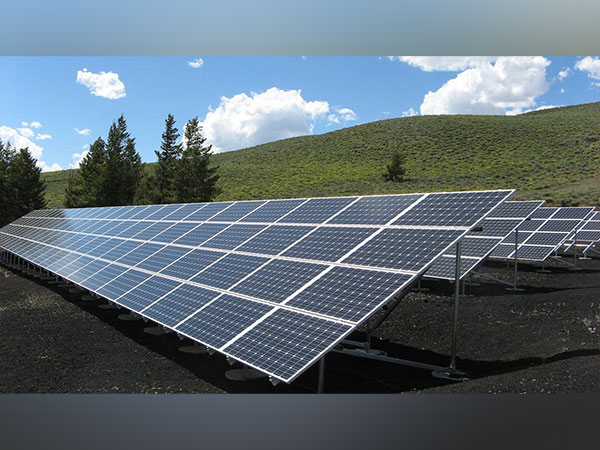

South Eastern Coalfields Ltd (SECL) will develop solar power projects totalling 600 MW capacity in the coming years as part of the company’s strategy to expand and diversify its business and achieve the “Net Zero Energy” goal.
SECL is a subsidiary of Coal India. SECL plans to develop the projects at a cost of more than Rs 1,000 crore.
Solar power projects of more than 180 MW are already in various phases of development in the operational areas of SECL spread over Chhattisgarh and Madhya Pradesh. It has recently commissioned rooftop solar projects of 580 kWp capacity in Johilla, Jamuna-Kotma and Kusmunda Areas.
At Johilla Area, the commissioned capacity is about 280 kWp which is the highest capacity rooftop solar project in the entire company.
Coal India Ltd has set an ambitious target of achieving net-zero status by installing 3000 MW capacity renewable energy projects by 2026 as part of a broader plan to reduce the company’s carbon footprint and move towards a more sustainable future.
Recently Coal India has teamed up with Sutlej Jal Vidyut Nigam Limited (SJVNL) to explore potential sites for pumped storage power (PSP) projects within its abandoned mines.
“It may be recalled that SECL contributed around one-fourth of CIL’s total coal production in FY 2022-23. It is promoting renewable energy to reduce the carbon footprint of coal mining and move towards the goal of net zero carbon emissions. With the power generated from the above projects, the company is striving to balance its power needs for coal mining and allied activities,” Ministry of Coal said in a statement.
At the COP26 summit in Glasgow in 2021, Prime Minister Narendra Modi had committed to an ambitious five-part “Panchamrit” pledge, including reaching 500 GW of non-fossil electricity capacity, to generate half of all energy requirements from renewables, to reduce emissions by 1 billion tons by 2030. India also aims to reduce the emissions intensity of GDP by 45 per cent. Finally, India commits to net-zero emissions by 2070.
Notably, India banned several single-use plastics starting July 2022.
Single-use plastics are typically items that are discarded after being used only once and do not go through the recycling process. (ANI)